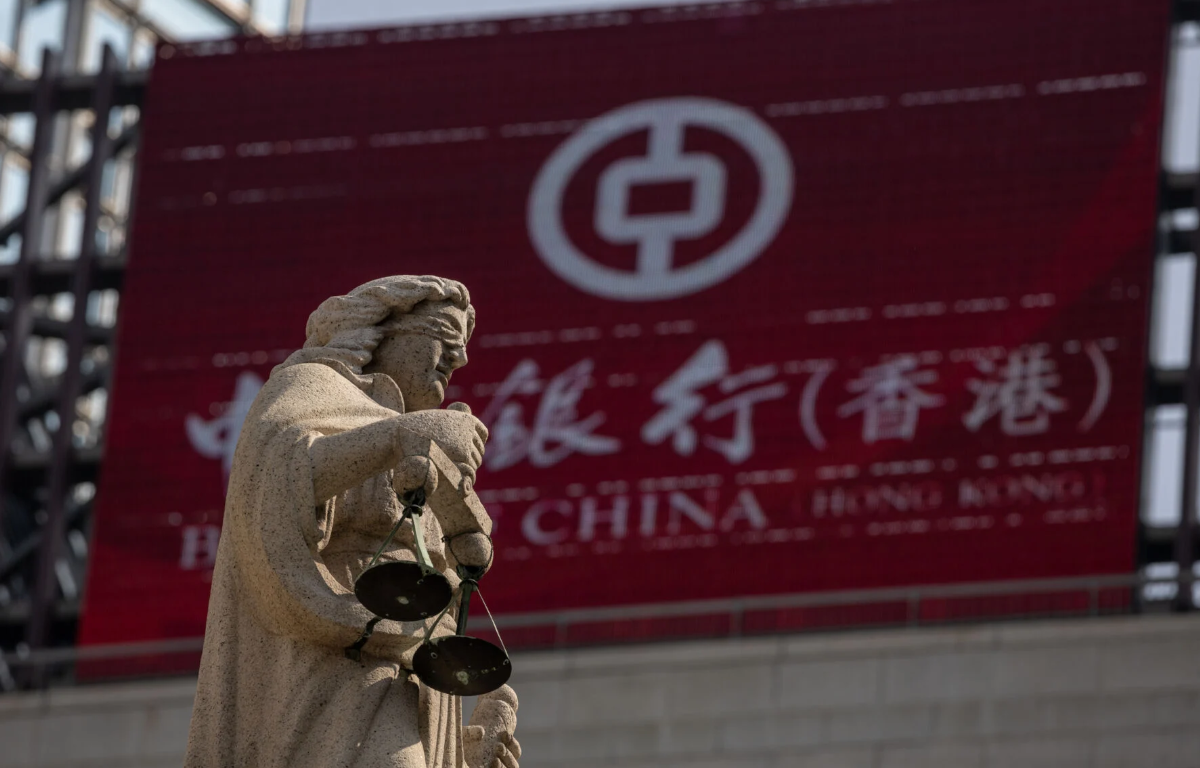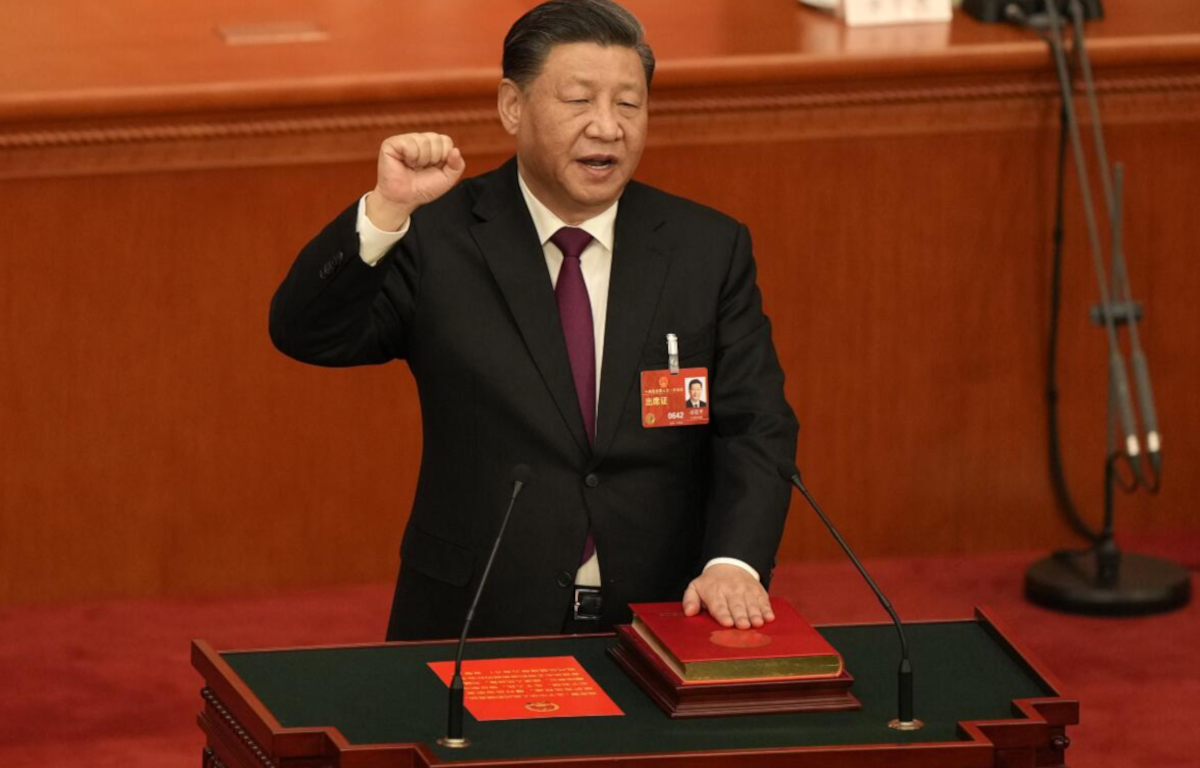
The recent uproar within China surrounding the “Three-Body Problem,” a popular science fiction novel by Liu Cixin, has shed light on the complexities of cultural identity, historical narratives, and ideological sensitivities in the country. The controversy, sparked by comments made by a prominent Chinese scientist, reflects broader debates about China’s place in the global cultural landscape and the tensions between artistic freedom and political orthodoxy.
Liu Cixin’s “Three-Body Problem” trilogy has garnered international acclaim for its imaginative storytelling and exploration of complex scientific concepts. It has won prestigious awards, including the Hugo Award for Best Novel, and has been translated into multiple languages, reaching a global audience. The trilogy’s success has contributed to the rise of Chinese science fiction on the international stage, challenging Western dominance in the genre.
However, the recent controversy erupted when a Chinese scientist, Yu Zhiyong, criticized the trilogy during a public lecture, accusing it of promoting nihilism and skepticism toward science. Yu’s comments triggered a wave of backlash and condemnation from Chinese intellectuals, writers, and fans of the series, who defended Liu Cixin’s work as a valuable contribution to literature and intellectual discourse.
The controversy surrounding the “Three-Body Problem” reflects deeper anxieties within Chinese society about cultural representation, national identity, and ideological conformity. China’s rapid modernization and globalization have led to a complex interplay between traditional values, communist ideology, and global influences, shaping the country’s cultural landscape and artistic expressions.
At the heart of the debate is the question of how Chinese narratives should be portrayed and interpreted, both domestically and internationally. The “Three-Body Problem” trilogy, with its blend of Chinese history, science fiction elements, and philosophical themes, has sparked discussions about the intersection of cultural heritage and contemporary storytelling.
The Chinese government’s stance on cultural production and creative expression adds another layer of complexity to the controversy. While China has witnessed a flourishing of artistic creativity in recent years, authorities have also tightened control over media and cultural content, particularly when it comes to sensitive topics or narratives that challenge official narratives.
The “Three-Body Problem” controversy highlights the tension between artistic freedom and political censorship in China, as well as the diverse range of perspectives within Chinese society. It raises important questions about the role of literature, science fiction, and cultural representation in shaping national narratives and global perceptions of Chinese culture.










Share this: